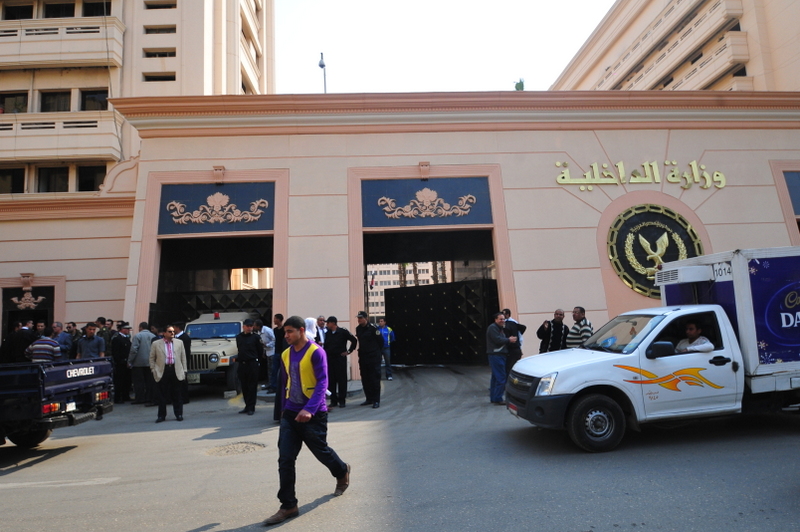TRIPOLI: Libya’s capital is wracked by shortages of medicine, fuel and cash despite "aspects of normalcy," UN fact finders said, as the top US military officer deemed NATO’s air campaign at a "stalemate."
NATO meanwhile said Tuesday it had "no evidence" that civilian facilities were struck in air raids near Zliten east of Tripoli after the Libyan regime accused the alliance of destroying a clinic there and killing seven people.
UN Humanitarian Coordinator for Libya Laurence Hart, in a statement issued late Monday, said the week-long fact-finding UN mission to Libya had identified a number of problems besetting Moamer Qaddafi’s regime, which has been battling rebels seeking to oust the veteran strongman for the past five months.
"Although the mission observed aspects of normalcy in Tripoli, members identified pockets of vulnerability where people need urgent humanitarian assistance," Hart’s statement said.
The health sector is under strain, having lost thousands of foreign workers at the beginning of the conflict, it said.
"Medical supplies, including vaccines, are rapidly running low, and the mission received reports of heavy psychosocial impact of the conflict, mainly on children and women," it added.
"Although basic food items are available in the markets, prices are rising and there are concerns over the sustainability of supplies into the city especially as the (Muslim) holy month of Ramadan approaches," it added.
The UN fact finders also visited Khoms and Zliten, east of Tripoli and close to the frontline, as well as Garyan, south of the capital, where they found "a significant" influx of internally displaced people.
"Fuel shortages have become a pressing problem, and the UN team observed long queues at gas stations, some of which had closed down," the statement said.
"Reduced availability of cash is also a serious concern because many Libyans withdrew their savings from banks at the beginning of the crisis.
Banks are restricting cash withdrawals for individual account holders."
A NATO official meanwhile told AFP that alliance warplanes struck military targets near Zliten on Monday but there was no immediate confirmation that a clinic had also been hit.
Foreign reporters were given a tour by government minders of Zliten during which they were shown what they were told was the remains of a clinic hit by a NATO bomb. A local official said seven people were killed in the attack.
The journalists saw a completely destroyed building with a crescent sign at its entrance and the ground littered with surgical gloves, oxygen bottles, pharmaceuticals and stretchers, but no victims.
The NATO official said the regime claims that a clinic had been destroyed would be investigated.
"NATO struck a number of targets near Zliten that were military in nature. These targets were a command and control node and a vehicle storage facility that contained military vehicles," he said.
"We understand that the Qaddafi regime organized a press tour to the area, during which these allegations were made; however, we have no evidence suggesting that these allegations are founded."
The official said that as is the case with all NATO strikes "a thorough damage assessment is conducted afterwards."
"As always great care is taken to minimize the risk of civilian casualties.
We are always concerned by any reports of civilian casualties, take them seriously and the appropriate analysis will be conducted to ascertain the legitimacy, or otherwise, of these allegations," the official said.
In Washington, the top US military officer Admiral Michael Mullen spoke of a "stalemate" in NATO’s Libya campaign but still voiced optimism the strategy would lead to the departure of Qaddafi.
"We are, generally, in a stalemate," Mullen, the US Joint Chiefs of Staff, told a press conference.
He added that NATO has "dramatically attired (reduced) his forces" and "additional pressure has been brought," even if Qaddafi has not been ousted.
"In the long run, I think it’s a strategy that will work… (toward) removal of Qaddafi from power," Mullen said.
In London, meanwhile, British Foreign Secretary William Hague on Monday demanded that Qaddafi step down but said the Libyan leader may be allowed to remain in the North African country.
Speaking ahead of talks with French counterpart Alain Juppe, Hague said Britain would prefer for Qaddafi to quit Libya and stressed that France and Britain were "absolutely united" in NATO’s current mission against Qaddafi.
"What is absolutely clear, as Alain (Juppe) has said, is that whatever happens, Qaddafi must leave power," said Hague, who has previously indicated that he wanted the strongman to leave Libya.

